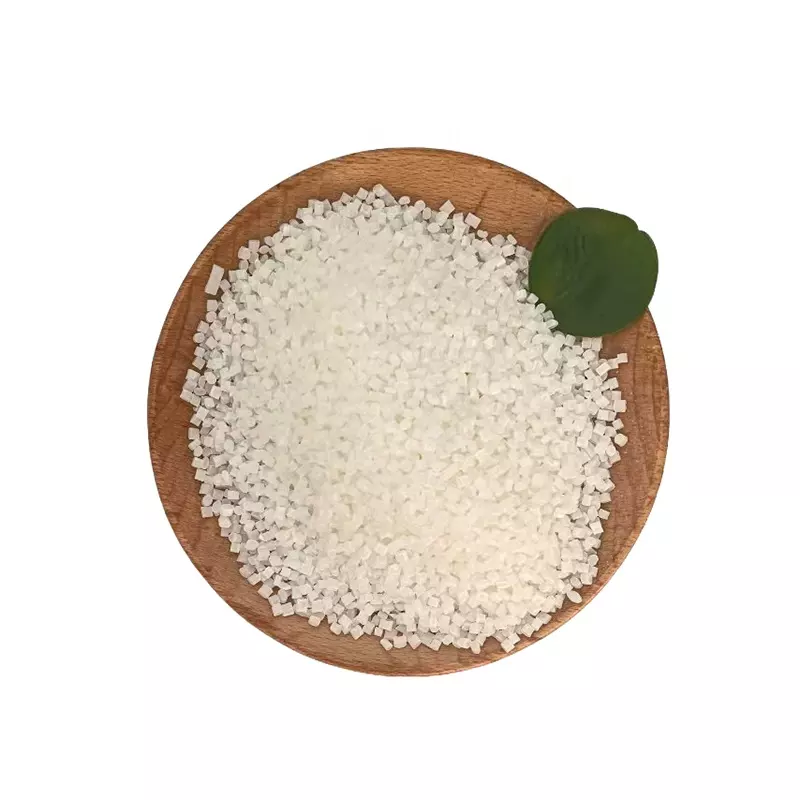Sibur plans to add 1 million tons/year of polymer production capacity in the coming years and may participate in the construction of a petrochemical center announced by the Russian government.
In the next few years, Sibur polymer production capacity will increase by two times. In 2009, the production capacity will be close to 600,000 tons per year. These projects will include the previously announced 500,000 tons/year propane dehydrogenation and polypropylene plant in Tobolsk, and the proposed 330,000 tons/year PVC in Kstovo (Kstovo). At the plant, another undisclosed project will be built in Novgorod, which is an expansion of the recently acquired 100,000 t/y polypropylene plant in Moscow.
Shibul is the largest petrochemical producer in Russia. According to the person in charge of the company, the scale of the Russian market is relatively small, and the consumption of polymers is far below the world average. In the next few years, the consumption of polymers will increase at a double-digit rate. Despite the abundant resources of crude oil and natural gas, the petrochemical industry is not yet a priority for Russia's development industry. The recent petrochemical projects will continue to use more than C3 fractions as raw materials.
In the next few years, Sibur polymer production capacity will increase by two times. In 2009, the production capacity will be close to 600,000 tons per year. These projects will include the previously announced 500,000 tons/year propane dehydrogenation and polypropylene plant in Tobolsk, and the proposed 330,000 tons/year PVC in Kstovo (Kstovo). At the plant, another undisclosed project will be built in Novgorod, which is an expansion of the recently acquired 100,000 t/y polypropylene plant in Moscow.
Shibul is the largest petrochemical producer in Russia. According to the person in charge of the company, the scale of the Russian market is relatively small, and the consumption of polymers is far below the world average. In the next few years, the consumption of polymers will increase at a double-digit rate. Despite the abundant resources of crude oil and natural gas, the petrochemical industry is not yet a priority for Russia's development industry. The recent petrochemical projects will continue to use more than C3 fractions as raw materials.
HIPS Resin,HIPS (High Impact Polystyrene), also known as PS (Polystyrene), is an amorphous thermoplastic material, used in lower heat applications. It is categorized as a standard material, and offers ease of processing, high impact strength, and stiffness.Products made of polystyrene are almost everywhere, such as packaging materials and household products.
Hips Resin,High Impact Polystyrene,Hips Plastic,Plastic Raw Materials
Jiangsu Zijun International Trade Co., Ltd. , https://www.zijunplastic.com